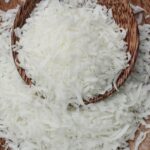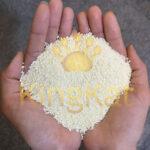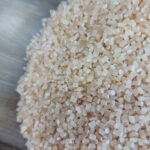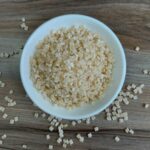CASHEW NUT SHELL OIL
In recent years, consumers have become increasingly focused on their health and the quality of the foods they consume. The bakery industry, in particular, has seen a growing demand for products that are lower in sugar, gluten-free, and high in fiber. One ingredient that is gaining attention for its health benefits and versatility in baking is resistant tapioca starch. In this blog, we will explore four key benefits of resistant tapioca starch in bakery products, especially for health-conscious consumers.

Table of Contents
Toggle1. Boosts Fiber Content Without Sacrificing Taste
One of the most significant advantages of using resistant tapioca starch is its ability to increase the fiber content in bakery products without compromising the taste or texture. As many consumers are looking to boost their daily fiber intake, bakery products that offer additional fiber are particularly appealing. Resistant tapioca starch functions as a soluble fiber, meaning it passes through the stomach and small intestine without being digested, thus contributing to fiber intake without adding digestible calories.
Unlike some other sources of fiber that may negatively affect the flavor or quality of baked goods, resistant tapioca starch has a neutral taste. This makes it easy to incorporate into a variety of recipes without altering the classic flavors that consumers love. As a result, bakers can offer delicious products that also deliver enhanced nutritional value.
2. Helps Regulate Blood Sugar Levels
For health-conscious consumers, particularly those with diabetes or those at risk, managing blood sugar levels is a top priority. Resistant tapioca starch has a low glycemic index (GI), meaning it does not cause rapid spikes in blood sugar after consumption, unlike more rapidly digested starches.
When added to bakery products, resistant tapioca starch can help lower the overall glycemic index of the final product. This is especially beneficial for consumers looking to enjoy baked goods while still maintaining control over their blood sugar levels. Instead of eliminating their favorite bakery items from their diet, health-conscious individuals can choose products made with resistant tapioca starch to minimize the impact on their blood glucose.
3. Supports Digestive Health
Beyond its fiber-boosting properties, resistant tapioca starch plays a critical role in promoting better digestive health. Since it is not digested in the stomach or small intestine, resistant tapioca starch ferments in the large intestine, acting as a prebiotic that nourishes beneficial gut bacteria. This process improves the balance of healthy bacteria in the digestive system, leading to better overall gut health.
Moreover, resistant tapioca starch can help prevent constipation and support regular digestion, making it an appealing ingredient for those looking to improve their digestive wellness. For consumers seeking baked goods that not only taste great but also promote healthy digestion, products containing resistant tapioca starch offer a significant advantage.
4. Aids in Weight Management and Promotes Satiety
One of the challenges for individuals managing their weight is dealing with constant hunger and the temptation to snack. Resistant tapioca starch helps to increase feelings of fullness, as it is digested more slowly compared to traditional starches. This slow digestion process helps curb hunger and keeps individuals feeling satisfied for longer periods after eating.
When used in bakery products, resistant tapioca starch not only helps to reduce overall caloric intake but also promotes prolonged satiety, reducing the likelihood of overeating between meals. For health-conscious consumers or those looking to manage their weight, bakery products made with resistant tapioca starch can provide a satisfying, lower-calorie option that still allows them to enjoy their favorite baked treats.
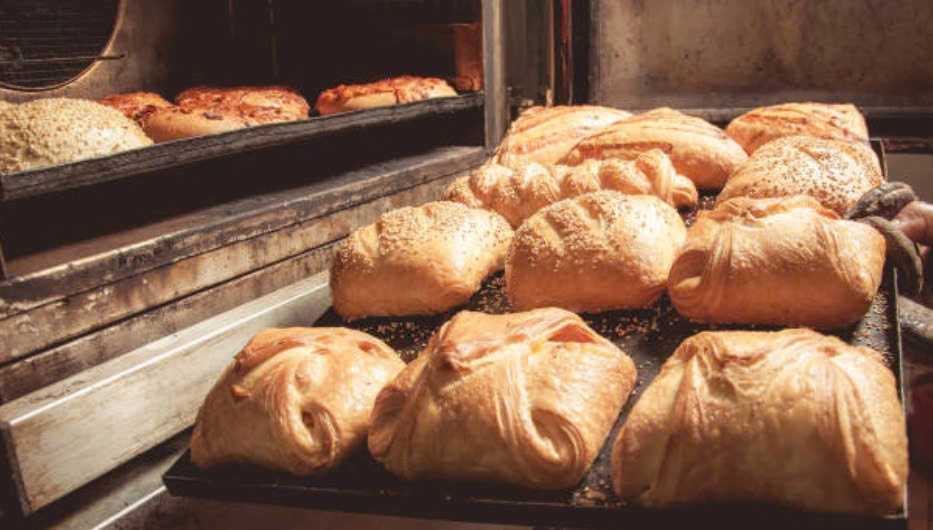
Conclusion
With its clear health benefits, resistant tapioca starch is emerging as a key ingredient in the bakery industry, particularly for consumers who prioritize health. By increasing fiber content, regulating blood sugar, improving digestive health, and aiding in weight management, resistant tapioca starch allows bakers to create healthier products without sacrificing taste or quality.
For manufacturers and bakeries, these benefits open the door to developing innovative products that align with the growing demand for healthier, nutrient-dense baked goods. As health-conscious consumers continue to seek out foods that support their overall well-being, resistant tapioca starch offers a valuable solution for creating bakery products that meet their needs.



